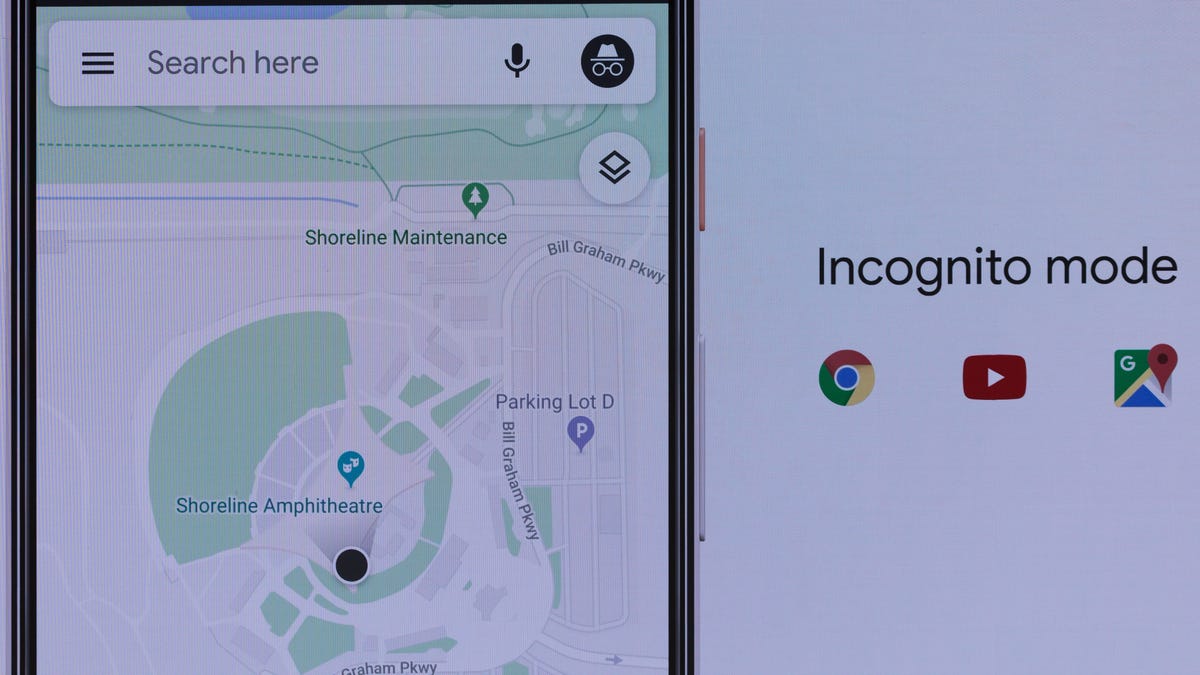Senators raise privacy questions about Google's COVID-19 tracker
Being able to track the public health crisis shouldn't come at the price of personal privacy, says a pair of lawmakers.

Senators want to ensure that Google's COVID-19 tracker is keeping privacy in mind.
Two US senators want to make sure Google's COVID-19 tracker isn't infringing on millions of people's privacy. In a letter sent to Google CEO Sundar Pichai on Tuesday, Sens. Ed Markey and Richard Blumenthal raised questions about how the tech giant's tracker is ensuring that the location data it's collecting and presenting stays confidential.
The Trump administration has called on tech companies to provide data for tracking the coronavirus pandemic, hoping that logs of people's locations can give insight on social distancing and the disease's spread. Location data has been used in South Korea and China to help contain and track COVID-19 cases, and the US government is looking to do the same as it deals with the pandemic.
Last Friday, Google announced its own COVID-19 tracker, using location data it's collected from its millions of users to help health officials make policy decisions and measure social distancing effects.
The data is collected from people who have their Location History setting activated on their phones, which is typically off by default. In its announcement, the tech giant said no personally identifiable information is collected for this tracker.
Coronavirus updates
Still, Markey, a Democrat from Massachusetts, and Blumenthal, a Democrat from Connecticut, have their concerns with Google using a massive amount of location data for tracking the outbreak.
The two lawmakers raised points about how researchers have easily de-anonymized location data several times, since the datasets are often tied to frequently visited spots like homes, workplaces and places of worship.
"Location data sharing carries with it myriad risks, and while we commend Google's efforts to assist in combatting the coronavirus pandemic, we caution you against steps that risk undermining your users' privacy," the senators wrote in the letter.
The senators asked Pichai if Google plans on sharing any personal data or information that isn't completely anonymized, and if it's gathering data for this tracker through measures outside of the Location History tool.
"We launched the COVID-19 Community Mobility Reports to help public health officials respond to this pandemic, while adhering to stringent privacy protocols and protecting people's privacy," a Google spokeswoman said in a statement. "The public reports share insights based on aggregated, anonymized data from users who have turned on the Location History setting, which is off by default. As we've said, no personally identifiable information, such as an individual's location, contacts or movement, will be made available at any point."
The letter is also inquiring about the effectiveness of Google's tracker, asking how it would account for rural regions that don't have the same connectivity as others, as well as for users of non-Google devices.
The lawmakers also want to know how public health officials are supposed to interpret this data, and how Google is receiving feedback from those officials.
Markey and Blumenthal are expecting answers from Google by April 14, according to the letter.

